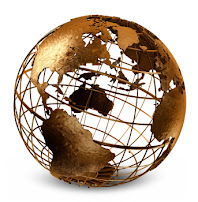Is there just one word for blue or are there specifics for light blue and dark blue? According to the author of the Fast Company article titled: Do we perceive colors differently depending on the language we speak? The answer varies.
There are different words for shades of blue in Russian, Greek or Turkish. In English blue is blue unless you add another word to describe the variations. The author goes on to tell us that studies show that the world of colors, like many other aspects of perception, can be affected by cultural influences and by our learning experiences. How many colors do you see, how many ways do you describe them?











